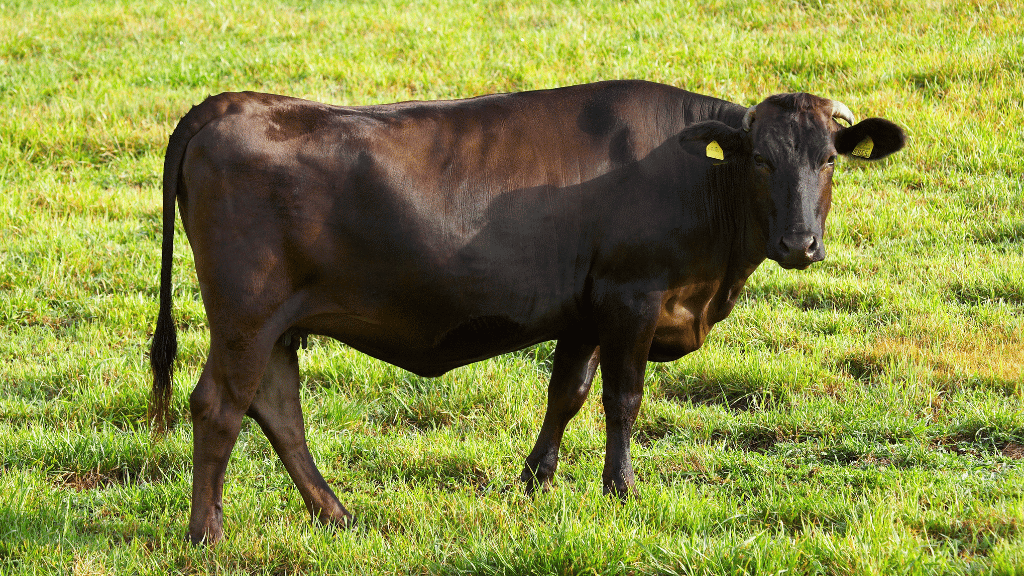
Wagyu beef, globally renowned for its tenderness, marbling, and unique flavor, is gaining ground in Argentina. Although its production demands more time and investment, producers like Gustavo Almassio are betting on this high-quality product aimed at discerning consumers and a highly exclusive market niche. Raising Wagyu cattle in the Pampas Region is no longer a novelty—it’s a strategic move toward value-added agribusiness.
With advanced technology and a clear vision, local producers are professionalizing a gourmet industry once reserved for export. Through innovations like live-animal ultrasound and meat analysis cameras, they ensure consistent marbling, enhanced flavor, and deliver to Argentine consumers a top-tier culinary experience—one that’s not only delicious but also healthier due to higher levels of unsaturated fats.
Origin and quality: Wagyu is a Japanese breed known for its marbling—fat veins within the meat that give it a buttery, tender texture.
Feeding and growth: These animals are raised with a carefully managed diet and take longer to mature. They can reach up to 1000 kg and take up to 4 years to be ready.
Health and taste: Wagyu contains more healthy fats (like Omega 3 and 6), making it both tasty and better for your health.
Added value: Marbling is measured on the Beef Marble Score (BMS); while Angus typically scores 3–4, pure Japanese Wagyu can reach 12.
In Argentina: It’s still a niche product, but with growing demand. Some producers are offering it at a mid-range price to make it more accessible.